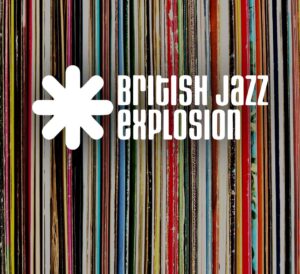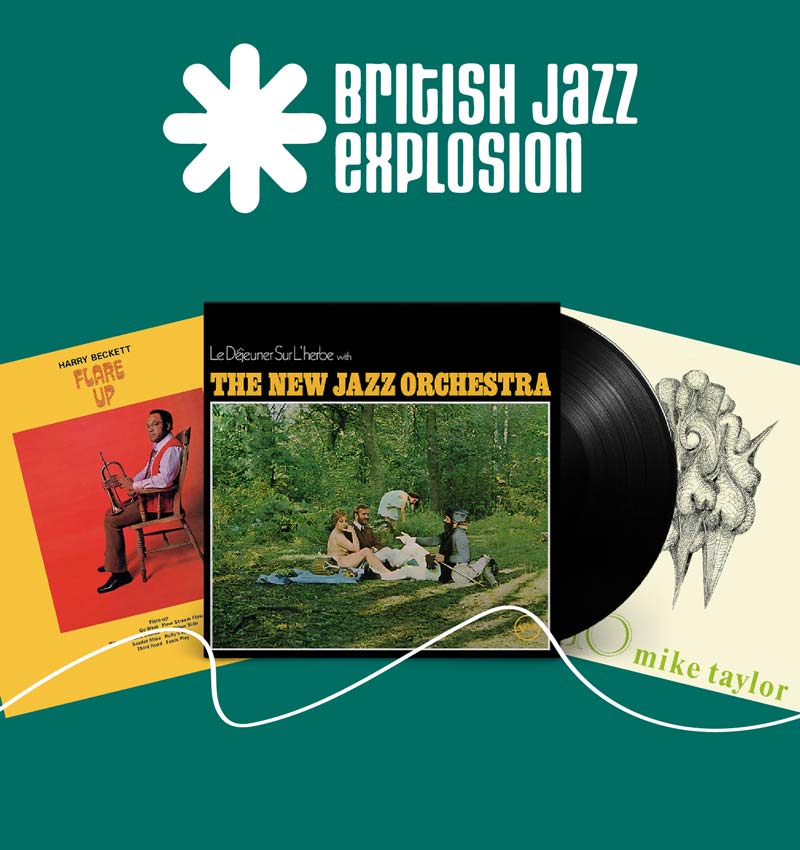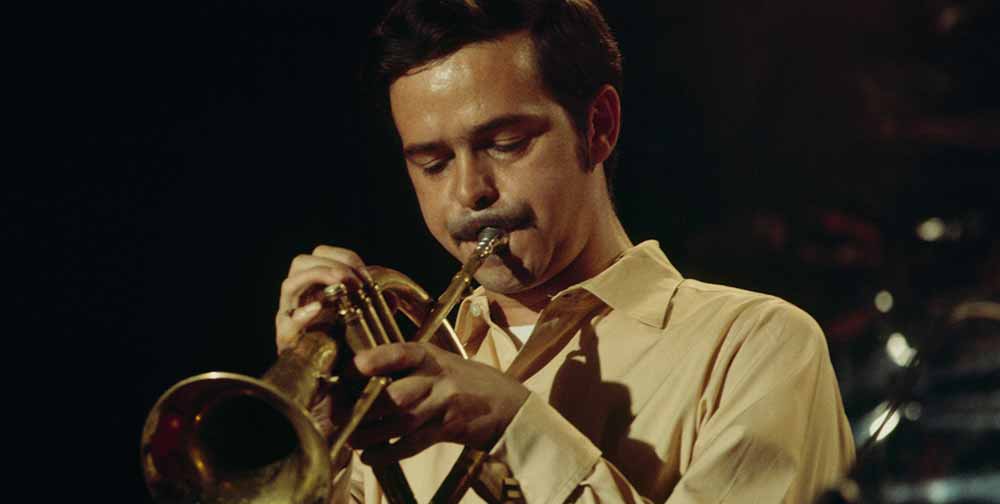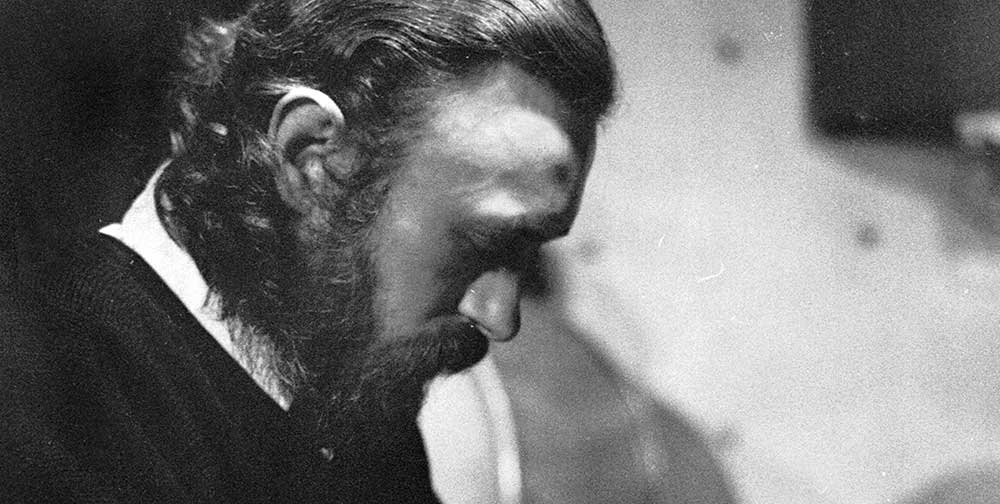“By the early to mid 1960s, British based composers and musicians realised that simply copying the stars of American jazz wasn’t enough. They had to bring their own identity and flavour to it,” Tony Higgins, Executive Director of British Jazz Explosion, told EJ recently.
Only available on our UK and EU stores. Users elsewhere will be redirected to our UK store:
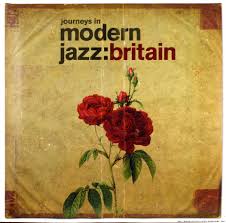
VARIOUS ARTISTS Journeys In Modern Jazz - Britain
Available to purchase from our US store.The series launched in 2021 with “Journeys in Modern Jazz: Britain”, the culmination of 20 years of deep research that began when Higgins worked with Gilles Peterson on the revelatory “Impressed” compilation for Universal. “Whereas the various jazz labels and artists of mainland Europe and, of course, the USA have long been plundered for booty, the UK has for too long been overlooked,” wrote Peterson in the 2002 liner notes. “Hard to define but definitely felt, British jazz from the 1960’s is deep, dark and dangerous.”
The BBC series Jazz Britannia and an unforgettable show at London’s Barbican followed in 2005, but much of the music remained elusive, with eye watering prices of original copies a sign both of the appetite for these records and also the scarcity of them.
While the British jazz artists of the era were undoubtedly influenced by progressions in American jazz, from modal to the avant garde, they drew on their own heritage to create a unique home grown sound, much like the UK jazz scene of today.
Michael Garrick
Take pianist and composer Michael Garrick, who co-wrote the liner notes to “Impressed” and appeared with his orchestra at the Barbican. A disciple of Duke Ellington, his individuality came from a distinct Englishness with projects that ranged from “Poetry in Jazz” to “Jazz Praises” – a sacred work for choir and jazz ensemble from St Paul’s Cathedral. Despite a residency at London’s famous jazz spot Ronnie Scott’s, the Soho club scene was never an important part of Garrick’s development. “I always felt on the edge, really never part of it,” he told me in a feature for Straight No Chaser magazine in 2006.
Instead he formed a partnership with a group of artists from the Caribbean who stamped their identity on the British jazz scene. “We played in support of the Joe Harriott Quintet at the Marquee. They were absolutely tremendous,” Garrick recalled. “At the same time the trumpeter Shake Keane was very interested in literature. So it was kind of natural for all of us to work together.”
The fruits of these partnerships were Garrick’s early modal jazz masterpieces for Decca subsidiary Argo – from 1965, his debut with his sextet “Promises” (that featured “Second Coming” from “Journeys in Modern Jazz”) and “October Woman” with his Quintet.
A student of the Alpha Boys School, Kingston, Jamaica, Joe Harriott had already recorded two pivotal free jazz sessions (“Free Form” 1961 and “Abstract” 1963) before his association with Michael Garrick. Part of the Lansdowne Jazz Series recorded by Denis Preston at his Lansdowne Studios in West London and released on EMI’s Columbia label, Harriot’s 1964 “Movement” album got a “British Jazz Explosion” release in 2024: as did “Flare Up” by Barbadian trumpeter Harry Beckett, another of the Caribbean artists featured on “Journeys in Modern Jazz” with his funk driven post bop number “Third Road”.
In 1965 Michael Garrick found the perfect home for his pastoral lyricism and Eastern modes when he joined The Don Rendell / Ian Carr Quintet to record a trio of albums in the Lansdowne Jazz Series “Dusk Fire”, “Phase III” and “Change Is”. The series also spawned Neil Ardley / Ian Carr / Don Rendell’s similarly progressive “Greek Variations & Other Aegean Exercises” and Don Rendell’s 1972 album “Space Walk” now part of the British Jazz Explosion series.
One of the other labels that became home to progressive British jazz was Decca subsidiary Deram. Known for its British psychedelia and prog rock it moved into jazz with The Mike Westbrook Concert Band’s 1967 album “Celebration”. It was followed by a further four big band albums for Deram including “Marching Song Vol. 1” from where “Waltz for Joanna” was taken.
The rotating line up featured some of the most forward thinking players on the scene including saxophonists John Surman and John Warren. Amongst the many British jazz artists taking big band music into exploratory corners, their 1971 album for Deram “Tales of the Algonquin” saw a British Jazz Explosion release in 2023.
Of all the Lansdowne Jazz Series albums that became holy grails for collectors, the two albums of pianist Mike Taylor “Pendulum” (1966) and “Trio” (1967) were the most sought after. Taking on an almost mythical status they are now finally available thanks to this important series. Read here.
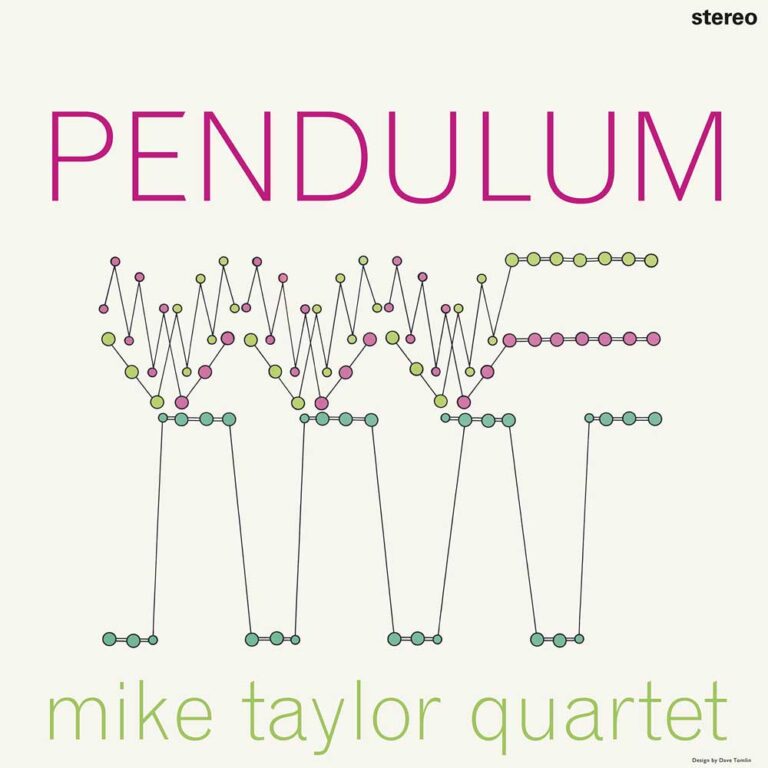
MIKE TAYLOR QUARTET Pendulum
Available to purchase from our US store.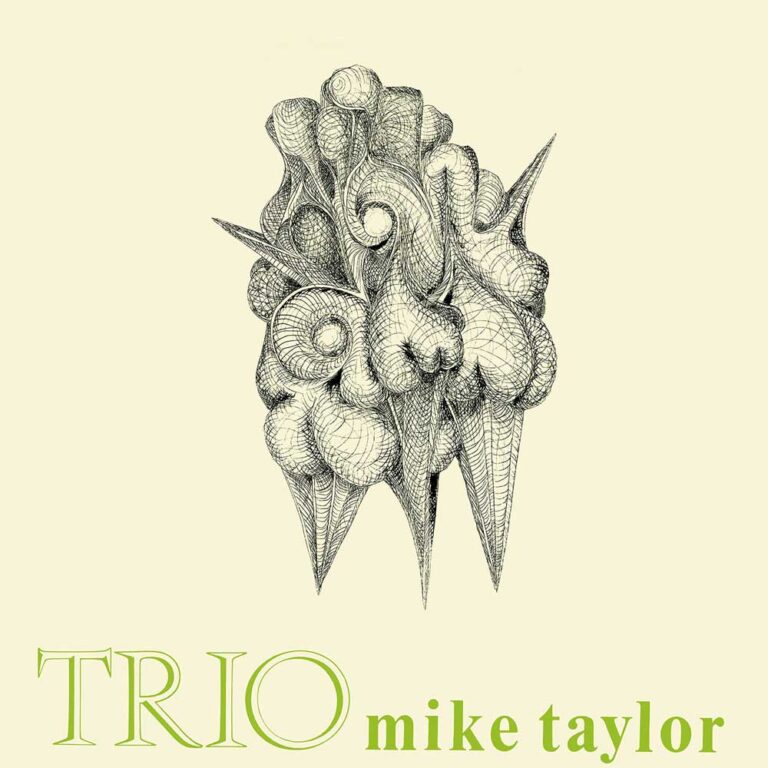
MIKE TAYLOR / trio
Available to purchase from our US store.5 Essential Albums
The Joe Harriott Quintet – Movement
Only available on our UK and EU stores. Users elsewhere will be redirected to our UK store:
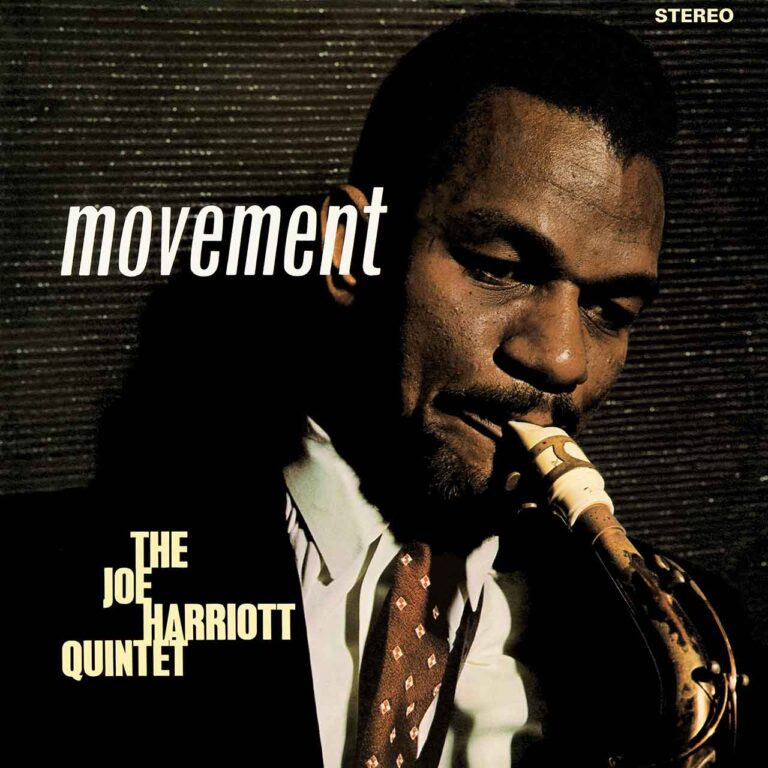
JOE HARRIOTT QUINTET Movement
Available to purchase from our US store.“Joe Harriott is one of those tragic stories of someone who was so significant for not just British jazz but the tradition of jazz in general. He was in tandem with Ornette Coleman,” Shabaka Hutchings told Jazz Times in 2020. Featuring fellow Jamaican Coleridge Goode on bass and Shake Keane on trumpet, “Movement” was the second of three albums recorded with his quintet for Columbia. Another Lansdowne classic to add to your collection.
Harry Beckett – Flare Up
Only available on our UK and EU stores. Users elsewhere will be redirected to our UK store:
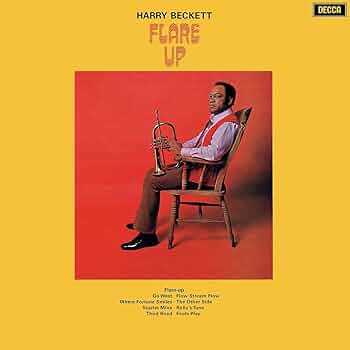
HARRY BECKETT Flare Up
Available to purchase from our US store.Making his name in the London jazz scene with the Graham Collier band, the Barbadian Harry Beckett became an in demand trumpeter through the 1960s, appearing with everyone from Mike Westbrook to John Surman. That it took until 1970 for him to record his debut album is something of a surprise when you consider his proficiency as a player and composer. Sharing writing duties with Graham Collier in a band that featured John Surman, pianist John Taylor, and vibes man Frank Ricotti, Beckett moved easily between post bop and funky fusion.
New Jazz Orchestra – Le Déjeuner Sur L’Herbe
Only available on our UK store:
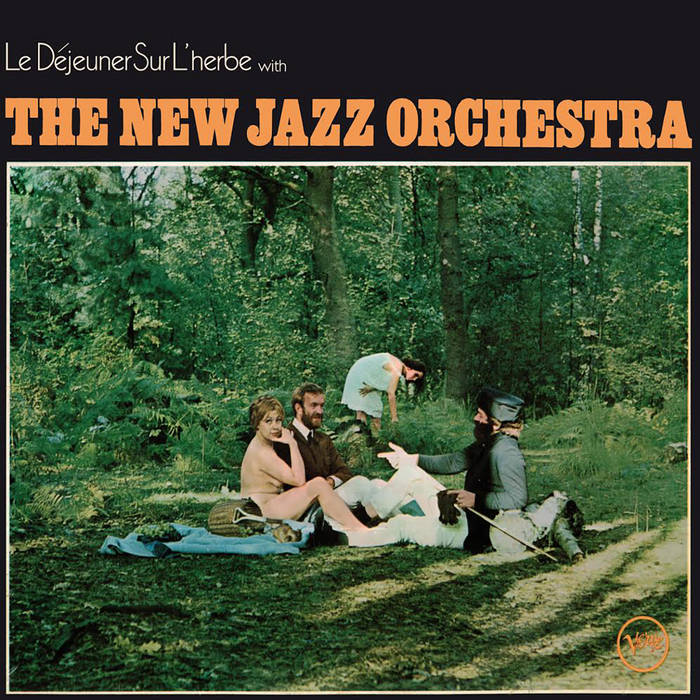
THE NEW JAZZ ORCHESTRA Le Déjeuner Sur L'Herbe
Available to purchase from our US store.The big band format has a long tradition in British jazz. By the late sixties musicians here were using the format to explore new ideas. One of the most harmonically advanced was the New Jazz Orchestra featuring a cast from the cream of British jazz (and Jack Bruce on bass!). Under the Directorship of pianist and composer Neil Ardley they took big band music away from its American roots towards a very English sound that drew comparisons with classical composers such as Ralph Vaughan Williams. Le Déjeuner Sur L’Herbe was their 1969 pastoral jazz masterpiece that hit a spiritual peak with the Michael Garrick composition “Dusk Fire”.
Ken Wheeler & The John Dankworth Orchestera – Windmill Tilter (The Story Of Don Quixote)
Only available on our UK and EU stores. Users elsewhere will be redirected to our UK store:
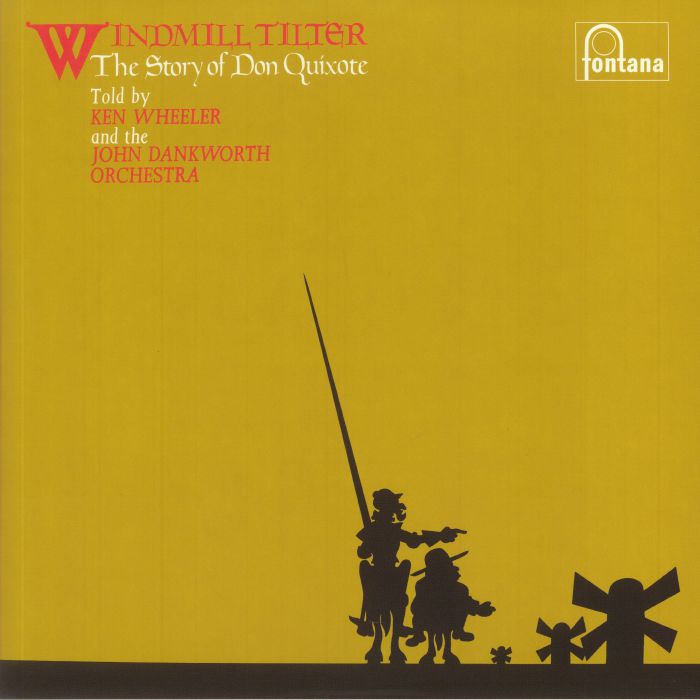
KEN WHEELER & THE JOHN DANKWORTH ORCHESTRA Windmill Tilter (The Story Of Don Quixote)
Available to purchase from our US store.Arriving in London from Toronto in 1952, trumpeter Kenny Wheeler quickly established himself on the Soho jazz scene, playing alongside Tubby Hayes and Ronnie Scott. From 1965 to 1969 he was a member of the John Dankworth Orchestra whose bandleader encouraged him to record his 1969 debut. The album featured Dankworth’s Orchestra and heavyweight players like bassist Dave Holland and guitarist John McLaughlin before they joined Miles Davis. A concept album based on the life of Don Quixote, the 40 minute suite was another milestone in British big band jazz.
John Surman /John Warren Tales of the Algonquin
Only available on our UK and EU stores. Users elsewhere will be redirected to our UK store:
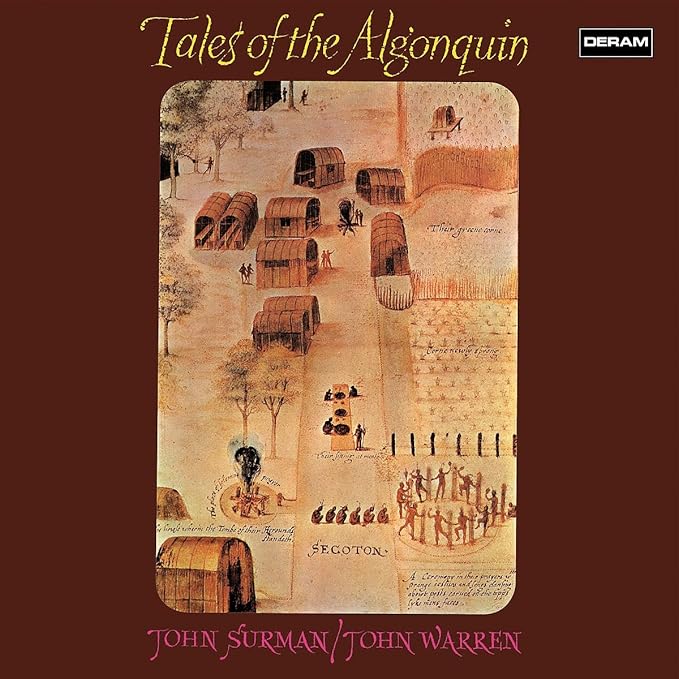
JOHN SURMAN & JOHN WARREN Tales of the Algonquin
Available to purchase from our US store.In both sound and concept this 1971 big band album by saxophonists John Surman & John Warren could carry the dubious title of Prog Jazz. It found its natural home on the Deram label in the same year as Caravan’s “In The Land Of Grey And Pink” and Anno Domini’s “On This New Day”. The band’s sixteen members included Kenny Wheeler, Harry Beckett and other British jazz innovators like altoist Mike Osborne, tenorist Alan Skidmore, and pianist John Taylor.
Andy Thomas is a London based writer who has contributed regularly to Straight No Chaser, Wax Poetics, We Jazz, Red Bull Music Academy, and Bandcamp Daily. He has also written liner notes for Strut, Soul Jazz and Brownswood Recordings.


